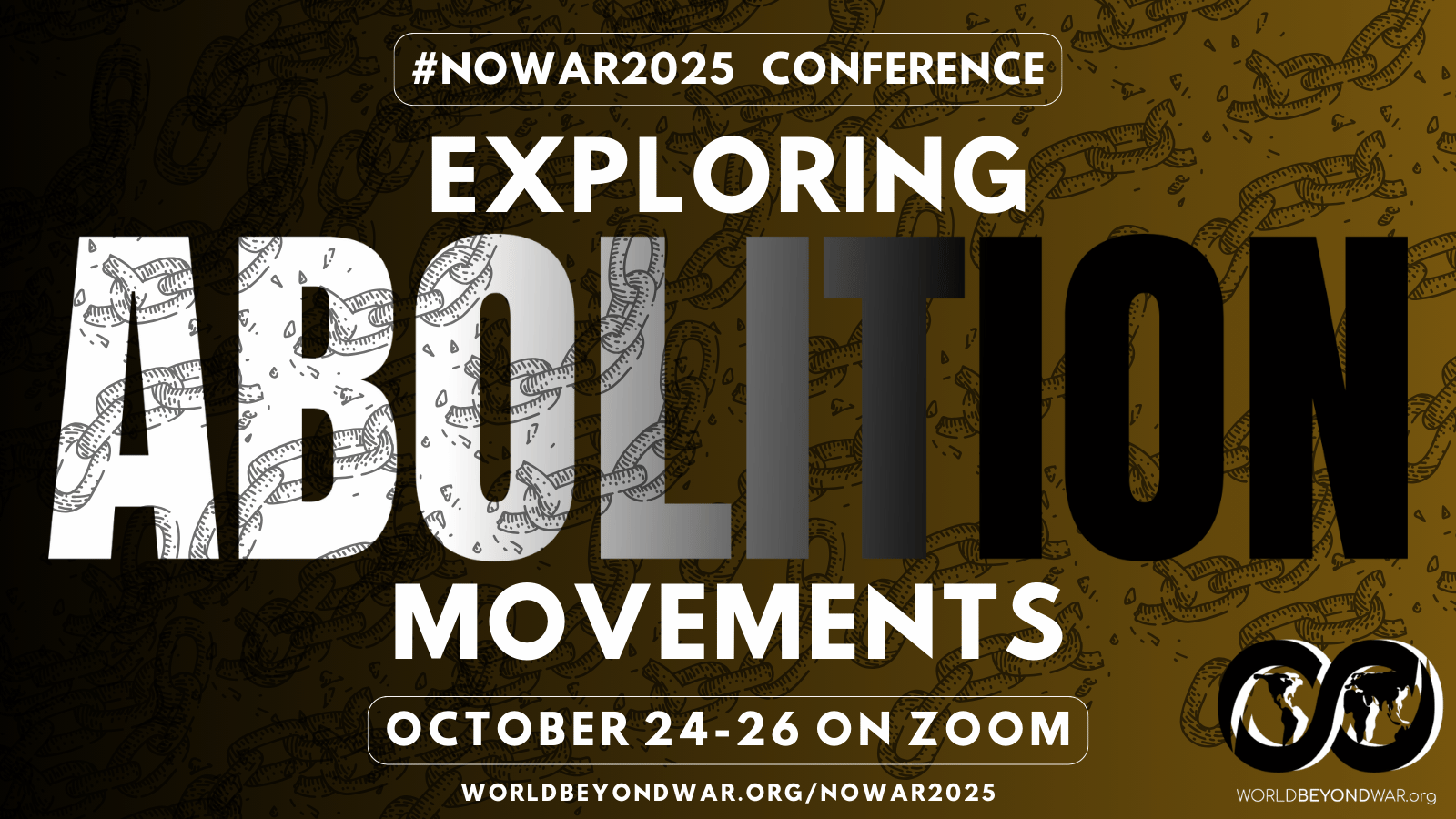Thank you to all who gathered with IRTF on November 9 for our annual commemoration event to mark the 45th anniversary of the sacrifice of four US women missioners in El Salvador. In response to that horrific tragedy, people of faith and conscience in Cleveland founded IRTF as a way to carry forward their legacy—taking action in solidarity with oppressed and marginalized communities as they struggle for peace, dignity, and justice.
IRTF board and staff wishes to thank all the volunteers who helped us set up, decorate, run the event and pack up at the end of the night, Pilgrim Church for hosting us, the kitchen staff at Guanaquitas pupsería for preparing our dinner, Megan Wilson-Reitz for coordinating our social hour (and the many kitchen volunteers!), Salim and Lucía for coordinating our raffle/auction, Pastor Jay for running the tech, and all who participated in the service and speaker program.
To our 46 co-sponsors: Thank you for your financial support that helps us continue calling people into solidarity with oppressed peoples in Central America and Colombia. We are deeply appreciative of your affirmation of our mission and ongoing commitment to this important work.


